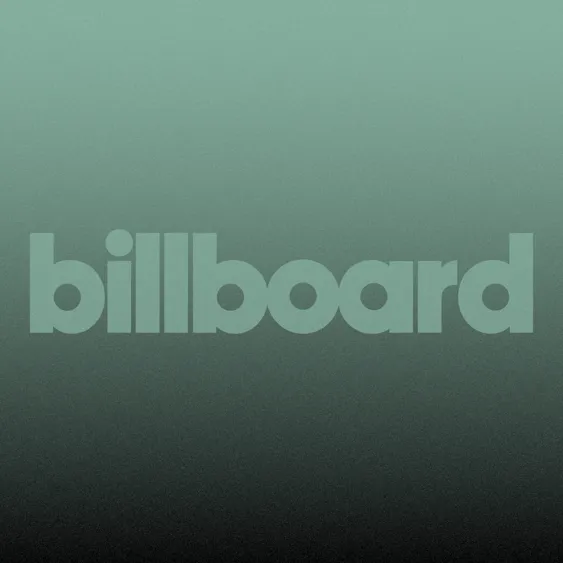Billie Eilish Challenges Billionaires: "Give Your Money!"

At the Wall Street Journal Magazine's 2025 Innovator Awards, held last week, pop sensation Billie Eilish confronted the attendees, including notable figures like Facebook co-founder Mark Zuckerberg, over the disparity in wealth and the responsibility of the wealthy. Eilish’s comments not only echoed ongoing conversations about income inequality but also highlighted the significance of such dialogues occurring in spaces filled with influential individuals.
During the event, Eilish made a striking statement, reportedly saying, "Give your money, chump change!" Her remarks were aimed directly at billionaires present, urging them to take action and contribute meaningfully to social causes. This confrontation speaks volumes about her values and commitment to activism, as she called for financial responsibility from those with substantial wealth.
The public reaction to Eilish's comments has been largely supportive, with many fans taking to social media to express their admiration for her boldness. Industry insiders have noted that her statement aligns with her established image as an activist artist who uses her platform to raise awareness about critical issues such as climate change and mental health. Prominent figures in the music industry and social activism have echoed Eilish's sentiments, emphasizing the importance of philanthropy among the wealthy.
Eilish’s confrontation with billionaires at the awards ceremony is reflective of a broader cultural trend where artists leverage their platforms to address societal issues. Historical precedents can be drawn from similar incidents, such as the outcry from musicians during the Live Aid concerts in the 1980s, where many well-known artists raised awareness for famine relief in Ethiopia. Such moments have historically set a tone of accountability among artists and their audiences regarding critical global issues.
In terms of broader consequences, Eilish’s statements may continue to influence public discourse around wealth and philanthropy, particularly in the entertainment industry. Data shows that artists who speak out on social issues often mobilize their fan bases to take action, which can lead organizations and foundations to rethink their funding strategies. The presence of influential figures like Zuckerberg during such discussions also brings attention to the potential for collaboration between wealthy individuals and activists to address pressing social challenges.
In conclusion, Billie Eilish's remarks at the WSJ Innovator Awards not only reinforce her commitment to social justice but also challenge the wealthy to reflect on their roles in society. As her influence in both music and social commentary grows, conversations around the responsibilities of the wealthy and the expectations of public figures are likely to evolve. This incident encourages readers to consider the social responsibilities that come with great wealth.
© 2025 Music Voyage.


